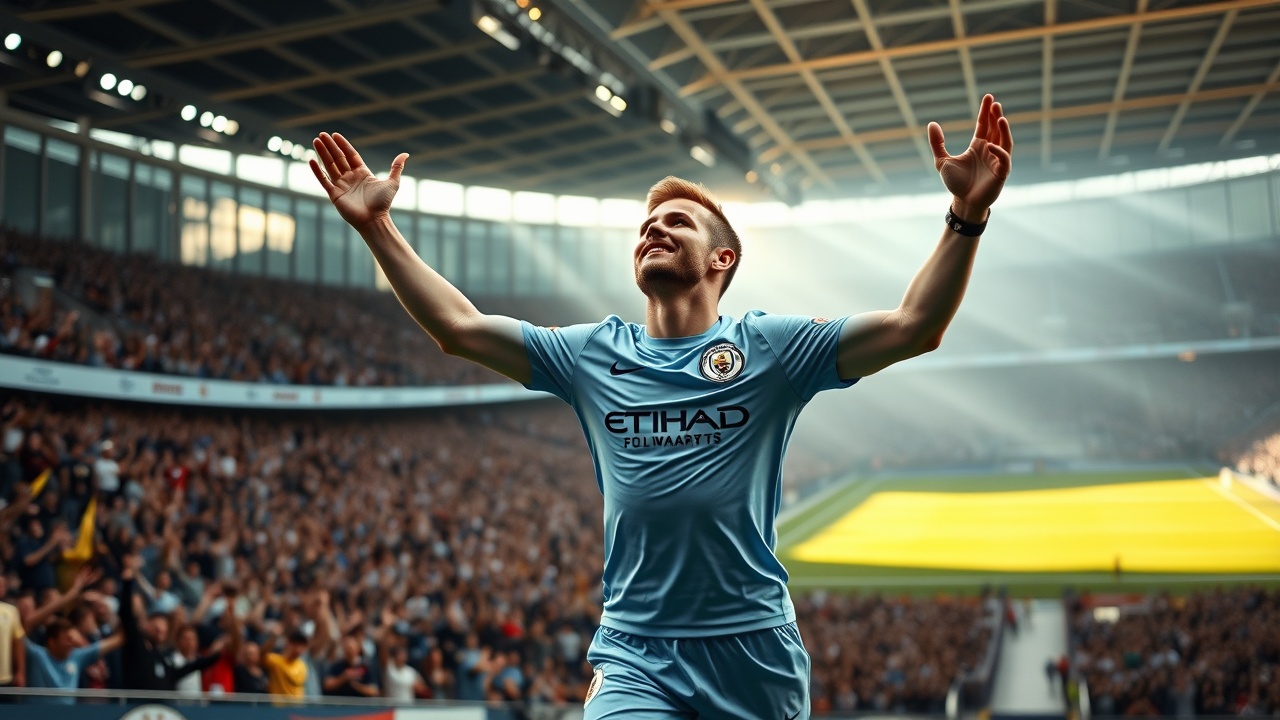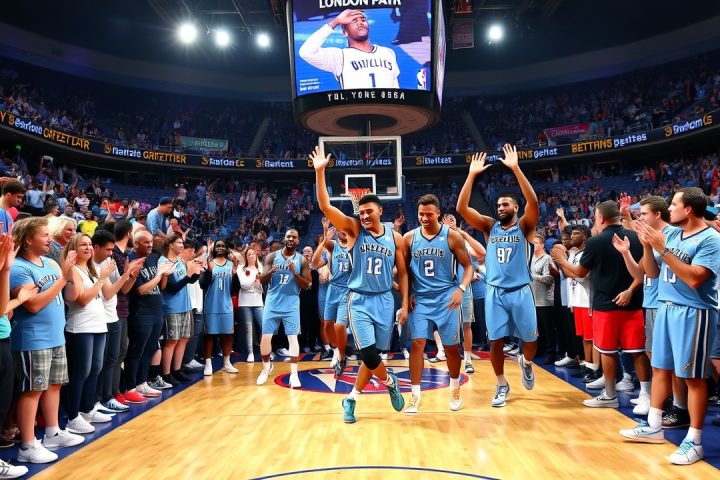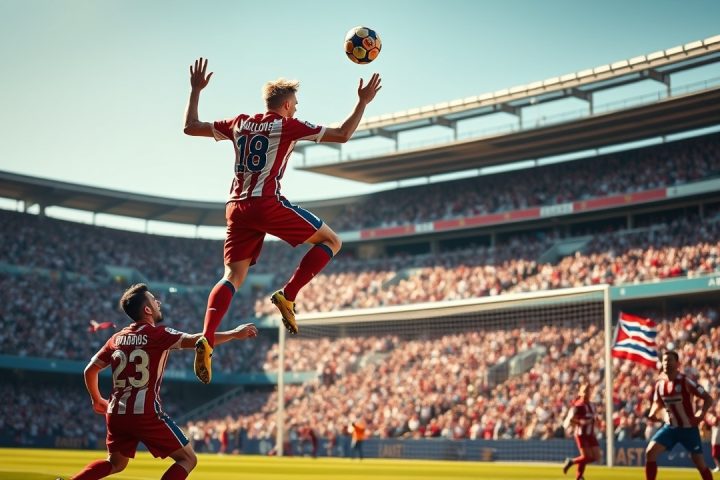FC Barcelona’s Revolutionary Style
In the early 2010s, FC Barcelona, under Pep Guardiola’s leadership, transformed football with their revolutionary style of play, often described as ‘leftist football.’ Guardiola characterized his team’s approach by emphasizing collective responsibility, stating,
“Everyone does everything,”
highlighting the fluid nature of player roles. The goalkeeper played as a key passer, wingers contributed defensively, midfielders showcased attacking finesse, and strikers facilitated movements, maintaining Barcelona’s dominance over possession. This paradigm of interconnectedness defined “Guardiola Ball,” but it seems to have evolved significantly in his current tenure with Manchester City.
Shift in Tactical Approach at Manchester City
Since the arrival of Erling Haaland in the summer of 2022, Manchester City appears to have shifted towards a more centralized attacking strategy, risking a reliance on one player for goal-scoring prowess. Currently, Haaland is delivering extraordinary results, as evidenced by his striking record of 11 goals in his first eight matches across the Premier League and Champions League. This season, he boasts an impressive average of 1.42 goals per 90 minutes, surpassing that of all but six Premier League teams in terms of goal-scoring efficiency.
To provide context, Haaland has demonstrated a higher scoring rate at Manchester City than during his previous stints at Borussia Dortmund and FC Salzburg. Notably, he has yet to take a single penalty kick this season yet has managed to achieve remarkable non-penalty scoring metrics, further solidifying his status as one of the premier goal-scorers in modern football.
Concerns Over Tactical Sustainability
Despite Haaland’s individual brilliance, there are concerns regarding Manchester City’s tactical approach. Under Guardiola, City has historically excelled at pressing and maintaining possession, but this season’s figures indicate a decline in these areas. The current team averages only 55% in final-third possession and has recorded a higher opposition pass-per-defensive-action (PPDA) rate than seen previously under Guardiola.
With Haaland generating an astonishing 65.5% of City’s expected goals (xG) this season, it’s apparent that he has become the focal point of the team’s attacking strategy. This unprecedented xG share is notably higher compared to previous Premier League records, raising questions about the sustainability of such a model over a full season. The past instances of successful teams often feature a more balanced distribution of attacking responsibilities among players, suggesting that an over-reliance on a single player may hinder the overall performance.
Guardiola’s Tactical Evolution
Guardiola’s tactical evolution appears to be at a crossroads. Historically, he has emphasized collective play, yet Manchester City now resembles other teams heavily reliant on one standout star. As the season progresses, it remains to be seen whether Haaland’s current trajectory can lead to both personal accolades and collective success for City. Can the team find the right balance to thrive under this new paradigm, or is it destined for the pitfalls that have historically accompanied over-reliance on an exceptional individual?




